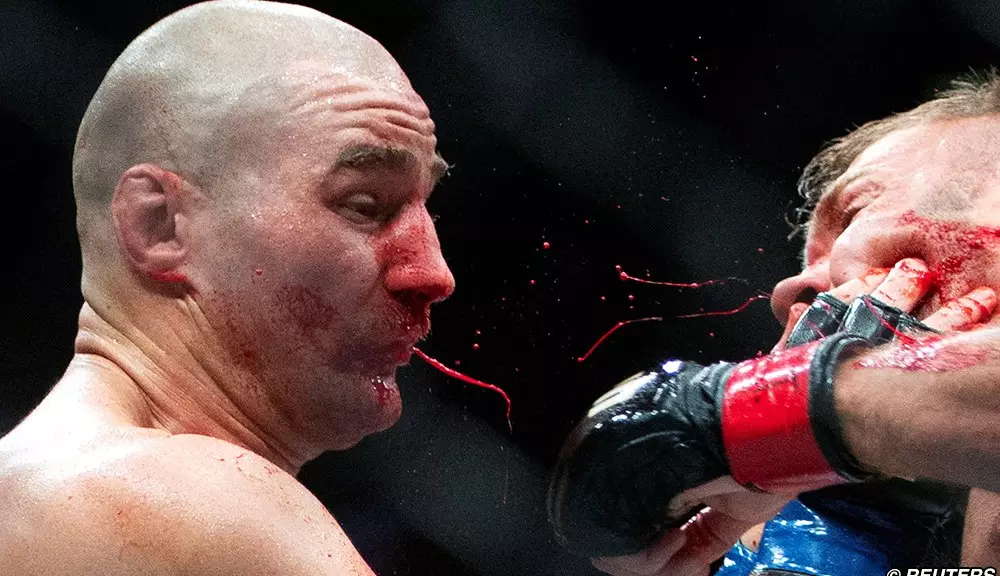In the world of mixed martial arts (MMA), growth and adaptation are essential. This is especially true for fighters at the highest level, where reliance on a single style can swiftly lead to obsolescence. In the wake of UFC 312, Demetrious Johnson shared critical insights regarding Sean Strickland’s fighting approach. Strickland, despite his previous success, has faced two significant defeats at the hands of Dricus Du Plessis, raising questions about the sustainability of his fighting technique.
Strickland’s reliance on a strict “Philly Shell” defensive style, while initially effective, may no longer serve him well against evolving opponents. Johnson highlights Strickland’s steadfastness in sticking to his game plan—characterized by a powerful jab and standard striking combinations—regardless of the fight’s progression. This predictability can be problematic; opponents can exploit such patterns, leaving a fighter vulnerable to loss. Johnson’s observations suggest that Strickland’s approach is both a testament to his technical skill and a potential downfall if he fails to adapt.
The Consequences of Stagnation
As the sport progresses, newer fighters continuously refine their techniques and strategies, eager to overshadow their predecessors. For Strickland, clinging to a well-established but static style could result in being outmatched by younger, more adaptable fighters. Johnson’s assessment emphasizes the necessity for fighters to embrace evolution within their styles—this means adopting new skills, diversifying approaches, and being willing to take risks. Without this evolution, Strickland risks becoming trapped in a cycle of defeat, where his previous successes may no longer translate into competitive advantages.
Balancing Offense and Defense
Moreover, another layer to Strickland’s predicament lies in his apparent prioritization of defense over offense. In a sport where striking is essential, an obsession with not getting hit can inhibit a fighter’s ability to capitalize on scoring opportunities. Johnson suggests that Strickland must look to strike a balance, adopting a mindset that allows him to pursue victory aggressively rather than merely protecting himself from losing. This philosophy shift could be the difference between being a mere contender and reclaiming his status as a top fighter.
Following the discussions post-UFC 312, a potential rematch between Sean Strickland and Israel Adesanya has emerged as a topic of interest. A clash between these two fighters would not only be intriguing but could also serve as a significant moment for Strickland to showcase his evolution, or lack thereof. It is within this context that fans and analysts are left to ponder the future trajectory of Strickland’s career. Will he embrace the challenge of change, or will fears of failure keep him shackled to his past ways?
The MMA landscape is unforgiving, and fighters must continuously adapt or risk being left behind. For Sean Strickland, the road ahead is not just about fighting; it is about evolution, strategy, and the will to change. With the right mindset, he could reclaim his relevancy—if he chooses to embrace the journey of becoming a more versatile fighter.

